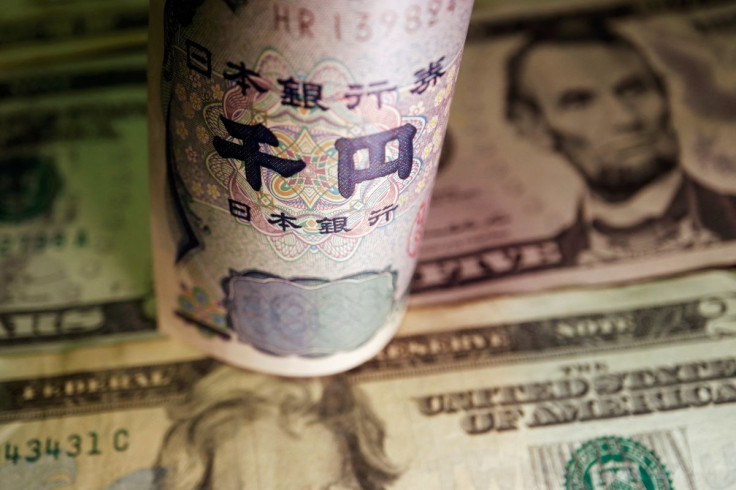Yen Extends Recent Gains As Tensions Over Pelosi Visit To Taiwan Grow

The yen was up slightly against the dollar Tuesday, adding to recent gains as increasing tensions over U.S. House of Representatives Speaker Nancy Pelosi's planned visit to Taiwan made investors more risk averse.
China's offshore yuan fell against the dollar, touching its lowest level since mid-May.
"You're seeing intensifying tensions between the world's two largest economies, and that is starting to weigh on risk appetite," said Edward Moya, senior market analyst at Oanda. "There's significant Japanese yen strength."
"It's all about geopolitical tensions right now. That's provided a risk averse start to the morning session."
The yen strengthened 0.12% versus the greenback to 131.46 per dollar. It was on track for a fifth day of gains against the dollar, its longest winning streak since 2020.
The U.S. dollar index, which measures the greenback against six peers, also was higher, reversing recent losses. It was last up 0.5% at 105.86. The index has eased recently as investors began reassessing how aggressive the Federal Reserves may be with interest rate hikes in the future.
Major U.S. stock indexes were also lower in another sign of anti-risk sentiment, as Pelosi's expected visit to Taiwan rattled investors.
Chinese warplanes buzzed the line dividing the Taiwan Strait shortly before her expected arrival in Taipei. The Chinese leadership has repeatedly warned against Pelosi making a trip to Taiwan, which China claims as its own.
Investors also are keen to see the U.S. monthly jobs report on Friday.
The Australian dollar fell nearly 1.4% after the Reserve Bank of Australia raised interest rates by 50 bps to 1.85%, in line with expectations.
(The story corrects spelling of Taiwan in headline.)
© Copyright Thomson Reuters 2024. All rights reserved.





















